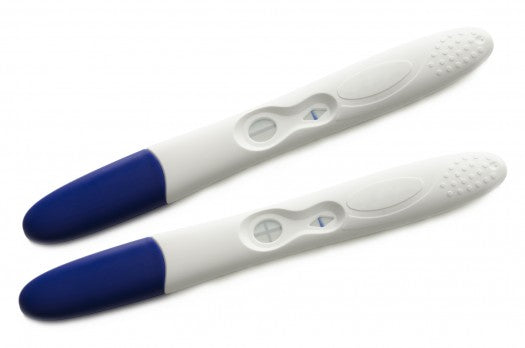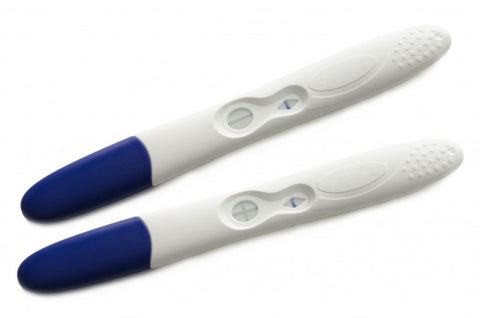
Can Medication Affect Pregnancy Test Results?

All pregnancy tests look for the presence of a particular pregnancy-related hormone called human chorionic gonadotropin, or hCG. This hormone is present in the blood and urine of all pregnant women and is the first step in acknowledging pregnancy.
Different Types of Pregnancy Tests
Blood-based pregnancy tests or home pregnancy tests will determine if you are pregnant. In most cases, a woman will conduct her urine test at home, and then after receiving a positive result will have a pregnancy blood test ordered by her doctor for further confirmation.
However, not all urine tests are alike. Some have an increased sensitivity to hCG and can detect as little as 20 mIU of hCG within seven to ten days past ovulation. Others detect higher levels of hCG and require you wait until after you miss your period to test.
For the most part, blood tests are superior to urine tests as there is less room for error; and they can determine pregnancy six to eight days after ovulation.
There are two different types of blood tests, and they are only available at a clinic or doctor’s office. The first is the quantitative blood test, which calculates the exact amount of hCG that is in the blood. The second is a qualitative hCG blood test which provides a positive or a negative answer to whether a woman is pregnant.
Medications and Pregnancy Test Results
Regardless of which type of pregnancy test a woman takes, most over-the-counter medications and drugs will not affect the test result.
The Office on Women’s Health is part of the U.S. Department of Health and Human Services. Their mission is improving the health of all U.S. women and girls. According to their Pregnancy Tests Fact Sheet, most over-the-counter and prescription medication will not affect the results of a home pregnancy test, including antibiotics and birth control pills. The only medicines that can display a false positive test result are those that contain the pregnancy hormone hCG, such as most medications used to treat infertility.
Medications that contain hCG, or used in combination with hCG, include, but are not limited to, Humegon, Pregnyl, Profasi, Pergonal, and Novarel. These may give false positive results if you take the pregnancy test within 7-14 days of the last drug administration.
Antibiotics, analgesics or pain killers, birth control pills, and hormone therapies that contain Clomid or Serophene (clomiphene citrate) should not affect the test result.
Furthermore, narcotic drugs like ecstasy, cocaine, marijuana, heroin, and even alcohol will also not affect a pregnancy test result. Despite this fact, women should refrain from using drugs and alcohol when trying to become pregnant and after they are pregnant.
Home urine pregnancy tests are approximately 97% accurate as long as the instructions are followed. As they are reasonably priced when compared to a blood test, are simple to use, provide a fast answer, and can be easily obtained online or over the counter, they are an excellent choice for predicting pregnancy.
Resources
http://womenshealth.gov/publications/our-publications/fact-sheet/pregnancy-tests.html
Tags:
About Pregnancy Tests
Quick links
Search
Contact Us
Shipping Information
Helpful Info
Terms of Service
Privacy Policy
Do not sell my personal information
Contact us
About us
BabyHopes.com is a family owned and operated business, opened in January 2001. We have been serving the trying to conceive community for over 20 years.

Leave a comment: